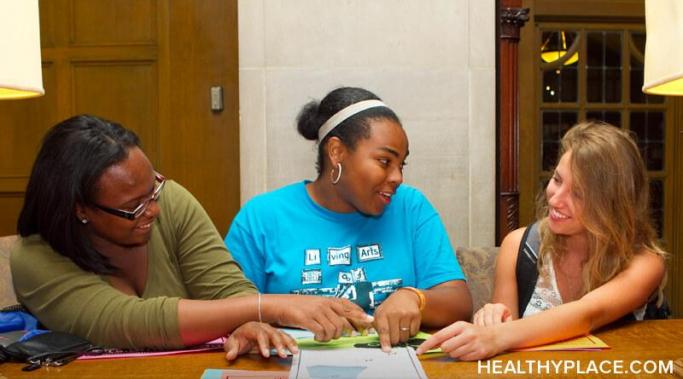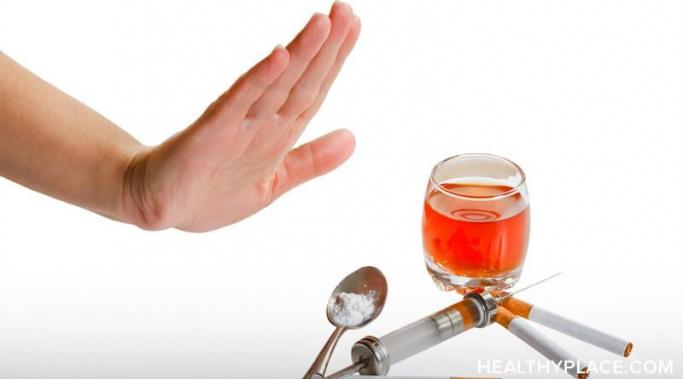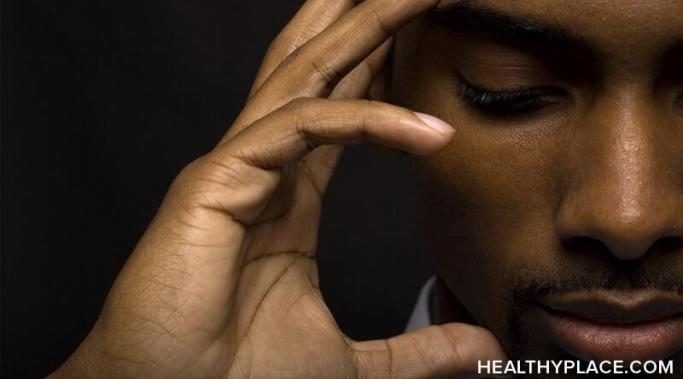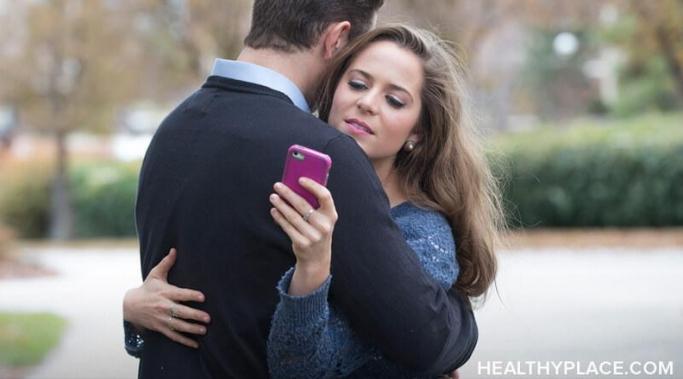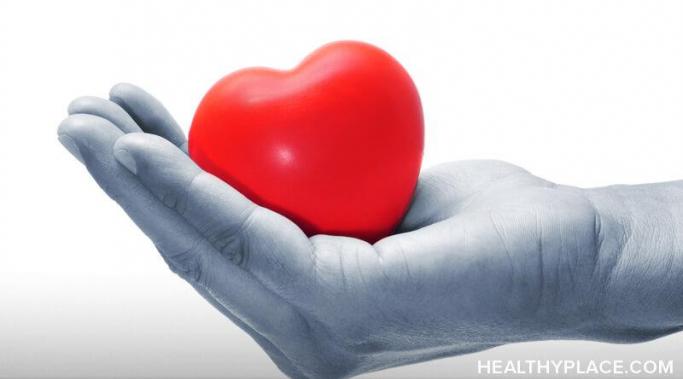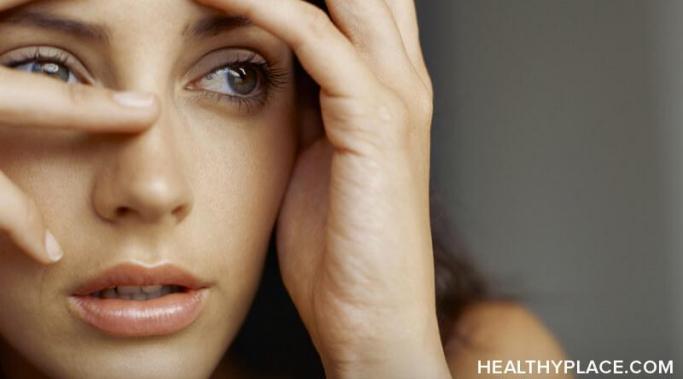Blogs
Schizophrenia is a big part of my life. There are times (almost always) when I think it is too big of a part of my life. I doubt anyone wants to believe that their whole life and thoughts revolve around their mental illness, but hardly a moment goes by when I'm not thinking about schizophrenia. For example, I frequently have symptoms that make me aware of my illness.
If you’ve clicked on this blog post, someone in your life has likely begun taking steps to recover from their mental health struggles. First of all, thank you. I can say firsthand that having the support of loved ones has an impact on the process. It certainly has for me. Given that, I wanted to share how my loved ones have supported me and how you can support someone, too, in mental health recovery.
An idea that I keep returning to with my journey toward a happier life is looking for joy in situations that aren't typically very joyful. I'm sure you've heard the phrase, "Hard work is its own reward," but what does that mean? How can something that you loathe doing be in any way rewarding? How can you look for joy there?
At this time of year, we might think about how to change various aspects of our lives. We might want to change our looks, habits, or many other things. These changes are often expressed in the form of new year's resolutions. And as most of us have witnessed, new year's resolutions rarely last past the year being new. I think this, in part, is because we don't think about how to change and what's required to change. And in many cases, change begins with one simple idea: not changing has to be more painful than changing.
I haven’t heard schizoaffective voices in over a year, but when I used to hear them, I encountered a lot of stigma and became reluctant to mention them. Much of it was self-stigma, in that I wouldn’t talk about them to the people around me unless they were people I trusted and who knew already that I heard voices. But, the thing is, I was correct in not revealing, say, at work when I heard voices, as there is both stigma and self-stigma involved.
Navigating relationships can be confusing, especially with narcissistic behaviors like paperclipping -- being kept on the backburner -- from a partner. Are you the victim of paperclipping? Knowing what to look for can help you avoid hanging onto the idea of a potential relationship with no possibility of commitment.
When I think about an anorexic mindset, two primary features stand out to me: deprivation and control. Within the eating disorder framework, these attributes often manifest in behaviors such as caloric restriction, compulsive exercise, food rituals, or body image obsession. However, an anorexic mindset can impact many areas of life outside the parameters of an eating disorder as well.
This will be my last post as the author of the "Binge Eating Recovery" blog. I'm so glad I came across this opportunity to distill and share what I've learned in my eating disorder recovery process. I hope I have helped relieve the feeling of loneliness by sharing my experience. As I leave this blog and reopen myself to new opportunities, I'll continue writing to process my thoughts and emotions as I live.
This is my last post for the "Relationships and Mental Illness" blog. I'm grateful for the opportunity I've had to write about my experience with mental illness for HealthyPlace. As I leave this blog, I'm determined to keep learning about how to love myself and others better. When it comes to writing about relationships, if there's one thing I've learned, it's that I still have a lot to learn.
Last year was a good one, and in terms of coping with my anxiety, it was a productive year. We are entering a new year, and it's a great time to self-reflect on the events over the last year -- happy memories, life lessons, and everything in between. As someone who struggles with anxiety, this includes how I've used an anxiety management plan throughout the year.
